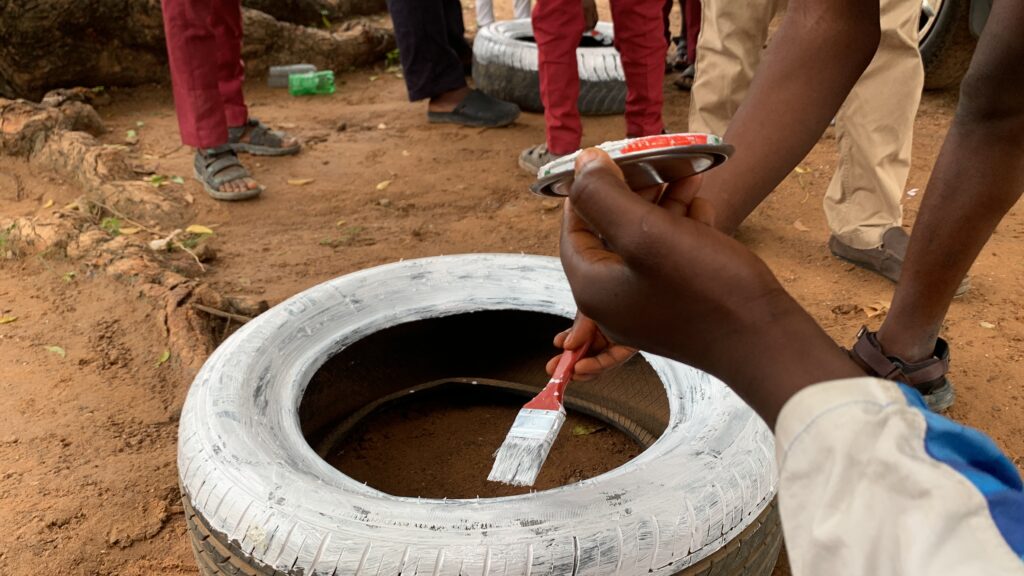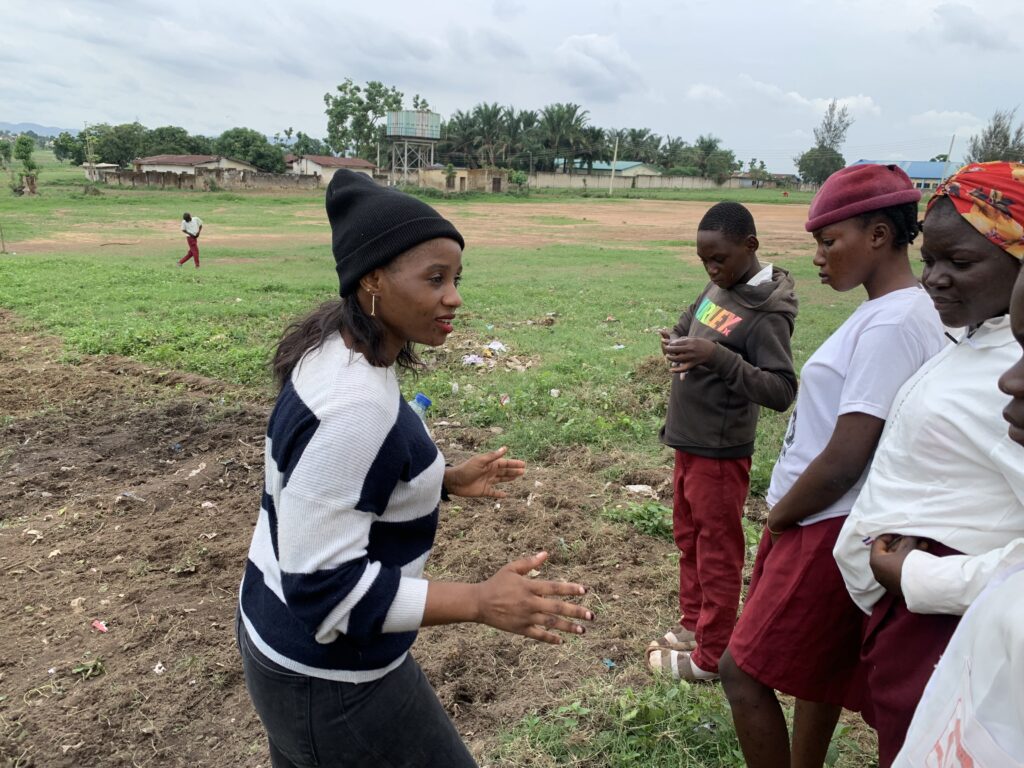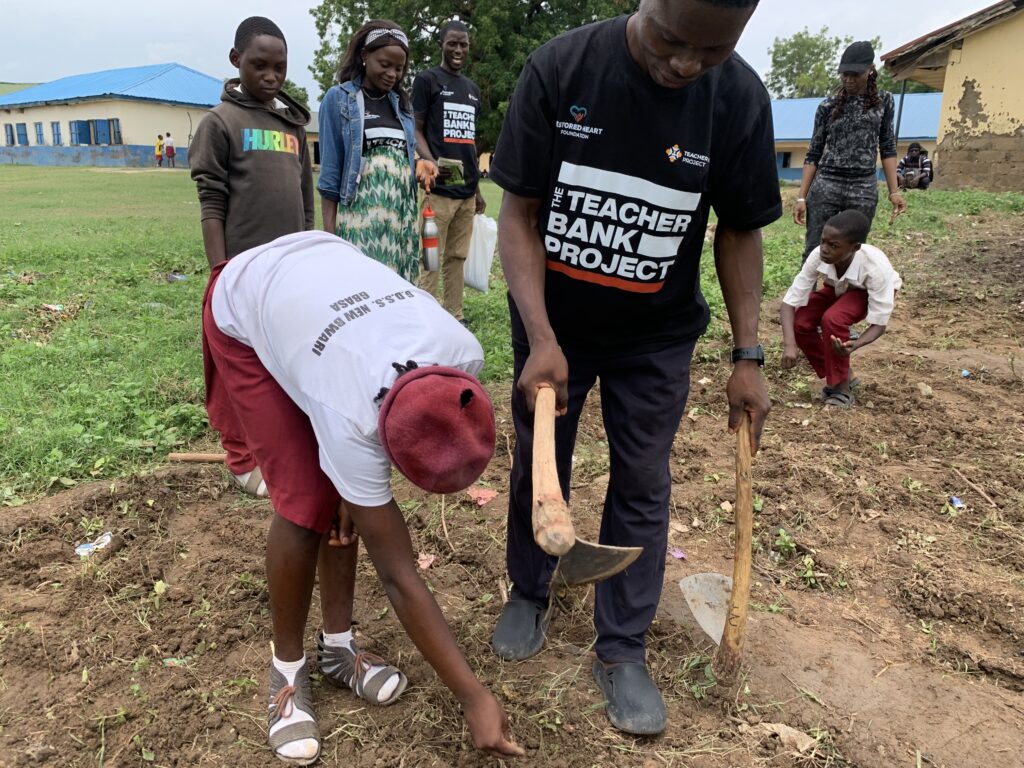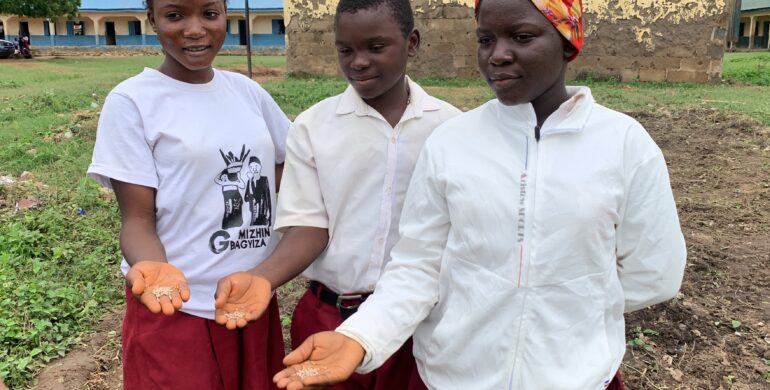Climate change is no longer a distant threat in Nigeria; it is close and very real. The effects are widespread, and are increasing, whether it is heatwaves in the northern part or flooding in the southern part of Nigeria. Still, countless young Nigerians go through school without truly understanding what climate change means or how their actions drive it. This lack of learning is worrying, especially given that schools are often part of the problem of environmental destruction, with burning trash or depending on generators which produce unhealthy fumes.

The Climate Change Education Handbook (2025), developed by UNICEF and the Federal Ministry of Education, aims to address this challenge by reimagining how we teach about the environment. It encourages Secondary school teachers to add climate topics to secondary schools‘ curricular. A math class might explore carbon calculations, while literature lessons could examine poems about deforestation. Climate education doesn’t have to be a stand-alone subject; it can be part of everything students learn.
More importantly, the curriculum should promote hands-on learning. Instead of just reading about rising sea levels, students can plant trees, manage recycling stations, and lead community awareness projects. These activities not only bring lessons to life but also show students that their actions matter. A powerful example from Imo State, Nigeria shows students collecting rainwater and helping build flood defenses that benefit their entire community.

At the Restored Heart Foundation, Teachers are at the heart of this movement, and the extracurricular club supports them with lesson ideas and practical guidance. It also calls for collaboration between schools, communities, and climate-focused organizations to build a strong support system.
The Restored Heart Foundation, through its Teacher Bank Project, is already contributing to the climate change action by launching the Earth Heroes Club in its partner schools, raising awareness and promoting green energy practices among students.
To create a sustainable change or impact, everyone must play a significant role. School leaders can adopt simple sustainability practices such as tree planting and other activities that promotes climate action. Teachers can begin with just one climate-based lesson.

Parents can ask their children what they are learning about the environment. Policymakers and NGOs can fund and expand climate programs. Like a tree needing a forest, collective effort is essential for meaningful impact.
The climate crisis is already shaping our future. What remains is whether we will equip our children to face it. With the right tools, support, and commitment, Nigerian classrooms can become powerful agents of change turning today’s students into tomorrow’s climate leaders.


